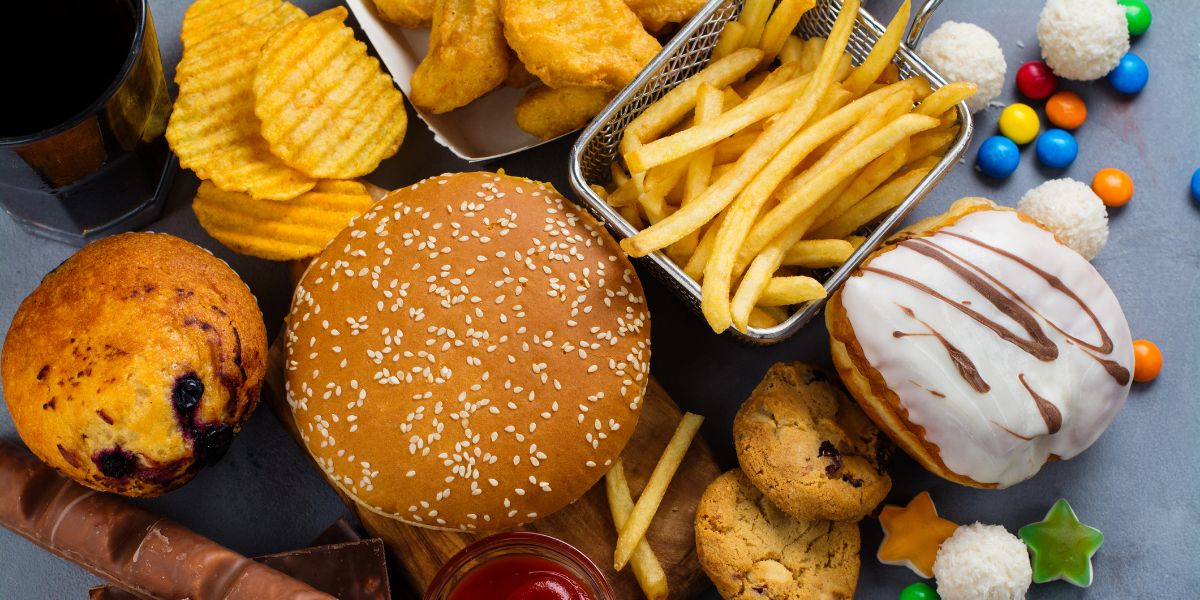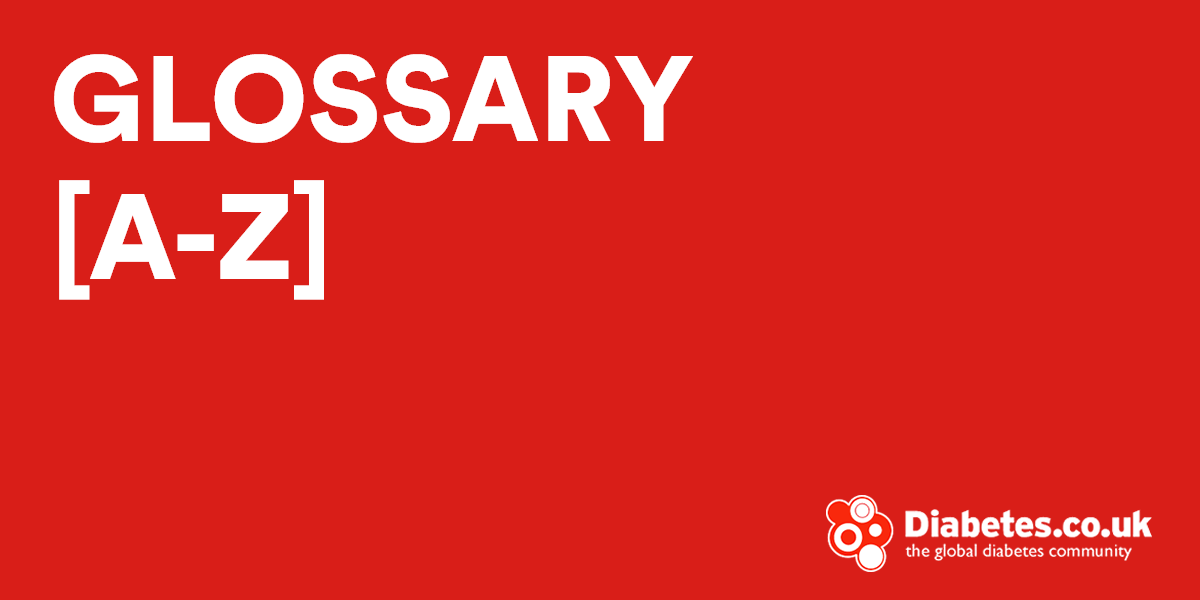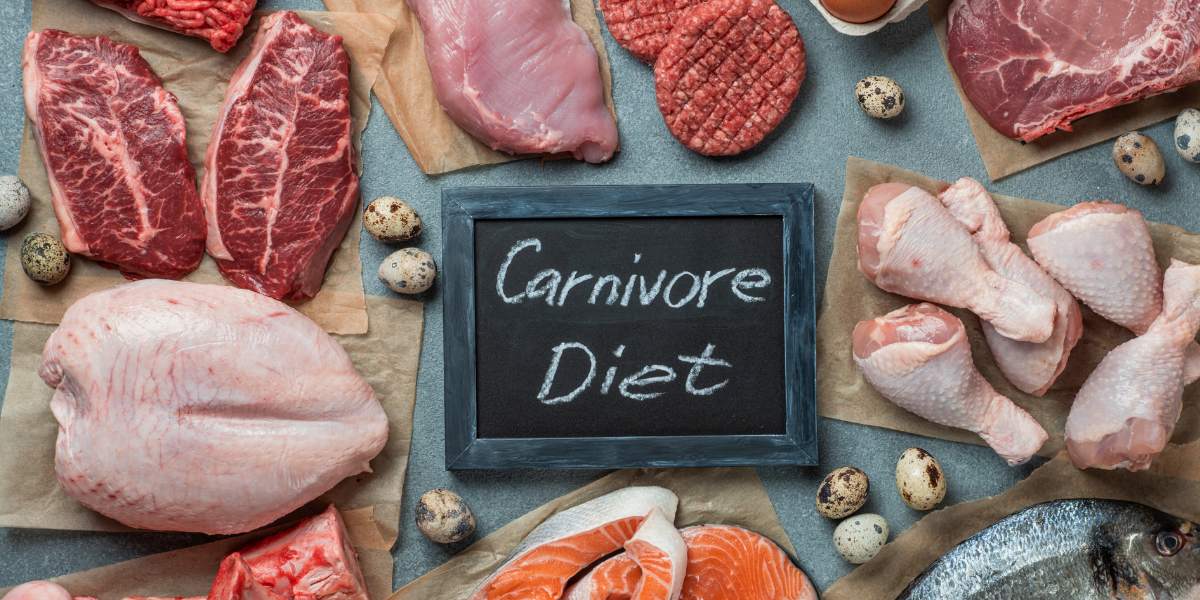Trans fats, a form of processed (hydrogenated) cooking oil, have been identified as one of the most dangerous food additives.
They help to prolong shelf life and are found in foods such as doughnuts and fast food.
The UK Government has urged food companies to cut down on the levels of trans fats in products but an outright ban has yet to be enforced.
What are trans fats?
Trans fats are made by a process of using heat and pressure to add hydrogen molecules to vegetable oils. This changes the chemical property of the oils allowing them to solidify at room temperature allowing for longer shelf life and stabilising the flavour of the foods they’re added to.
Trans fats are often to be found listed amongst the emulsifiers in food.
Emulsifiers help foods to stay together and prevent some of the constituent ingredients from separating out from each other.
Trans fats are also known as ‘partially hydrogenated oils/fats’ or ‘shortening’.
Dangers of trans fats
Trans fats are known to raise cholesterol and therefore increase the chances of:
- Developing heart disease
- Strokes
- Liver dysfunction
- Type 2 diabetes
- Alzheimers
Trans fats have also been shown to be linked with infertility in women
Trans fatty acids not only raise the bad LDL cholesterol, they also reduce the healthy HDL cholesterol.
Research has also showed a possible link between trans fats and reduced insulin sensitivity It is widely agreed that trans fats are significantly more damaging than saturated fats (animal fats).
Which foods contain trans fats?
Foods which may contain trans fats are typically sweet, carbohydrate based foods or those with relatively short shelf lives.
Trans fats have typically been present in the following foods:
- Margarines
- Vegetable oils
- Cakes
- Doughnuts
- Pastries
- Ice cream
- Bread
- Fast food
How can I tell which foods have trans fats?
Reading the ingredients list on food produce may help to identify foods which contain trans fats.
However, whilst UK food producers have agreed to cut trans fats out of their ingredients, it is thought that a number of foods still contain them, listed as ‘mono and diglycerides of fatty acids’, which can be found in many products including doughnuts, pastries, ice cream and bread.
Trans fats in restaurants
Unpackaged foods do not, by law, need to list their ingredients.
As a result, it is very difficult to know how much trans fat may be present.
Fast food chains have been notorious for their use of trans fats.
Many of these have agreed to reduce the amount of trans fats but few of the leading chains have completely cut out the use of partially hydrogenated oils.
A ban on trans fats
There have been a number of calls for trans fats to be banned in the UK. Bans on trans fats currently exist in Denmark, Switzerland, Austria and certain US states, including New York and California.
However, a UK ban has not been met Government support, which has preferred to allow food companies to reduce the trans fat content of their foods on a voluntary basis.





